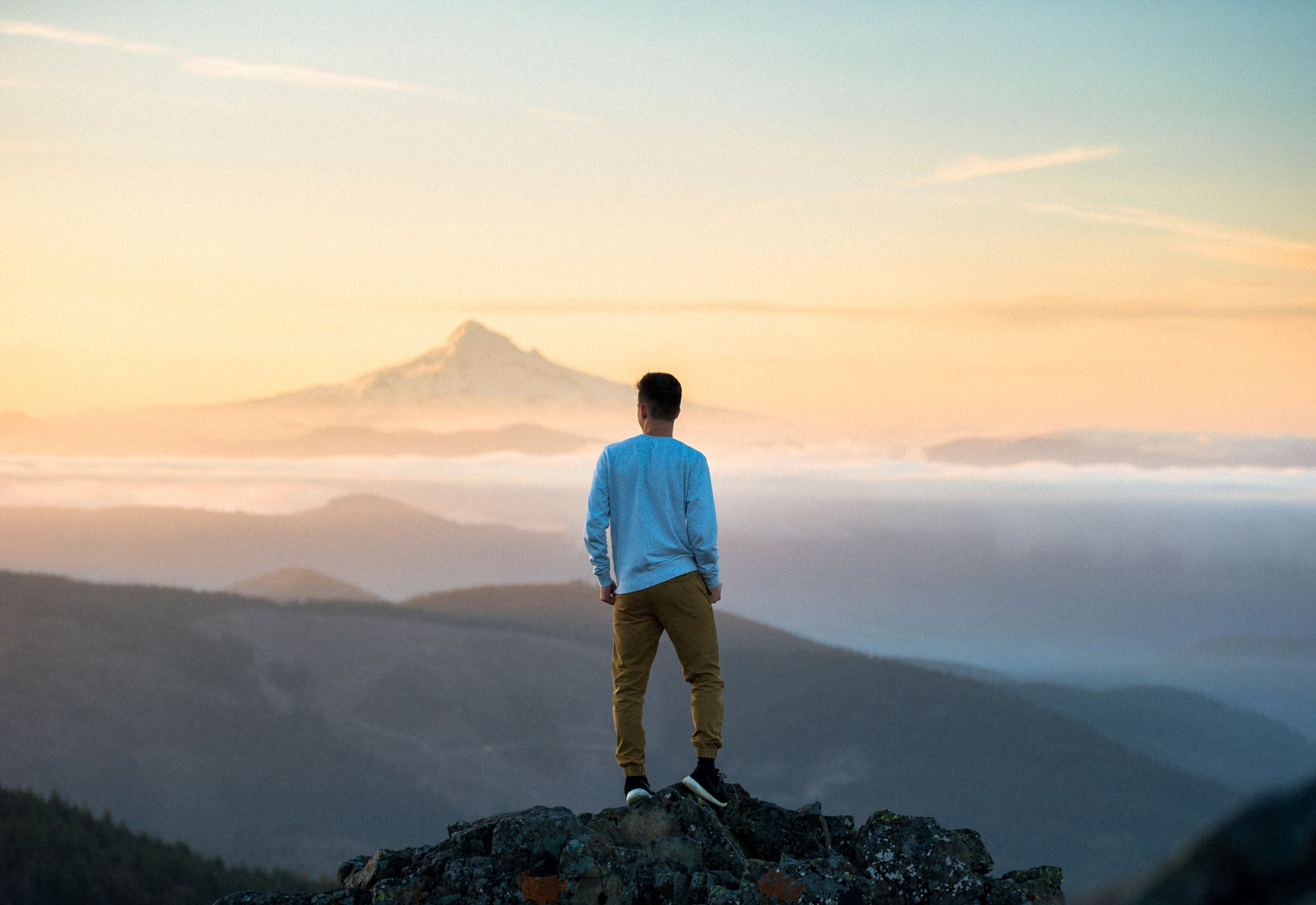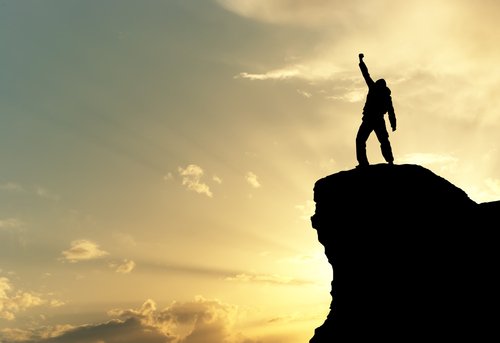
What is self-confidence?
Self-confidence is the inner sense of power to fulfill your own desires. This sensation allows us to act. Having such a thing is a matter of survival, says American psychologist Nathaniel Branden, author of many studies on the subject.
"Of all your opinions, the one you have about yourself is the most important. There is a link between passivity and action, between success and failure, "says one of America's greatest contemporary psychologists, Nathaniel Branden.
He is the parent of the Self Esteem movement, a group of intellectuals and psychologists who reflected on how we can foster and support people's self-esteem in schools, in prisons, in enterprises.
For 40 years, Nathaniel Branden has been animating personal development internships around the world and conducting individual therapies around the subject. He has set up various exercises to build a good self-image and has defined a daily program of developing self-confidence.
First of all, it's an experience. It means seeing that you can cope with everyday challenges. It means trusting your ability to think, learn, choose, make decisions, adapt to change ... And it means to know you deserve happiness. Having this basic trust is a matter of survival. To acknowledge what feeds on self-esteem and what damages it is one of the challenges that must be faced to live consciously, lucidly. Because reality is sometimes different from what we think.
Trust itself does not mean euphoria and the illusion of happiness occasioned by the frequent use of a drug, frequent compliments from the entourage, a larger car to buy when you do not see pink life, salary or eventually a new love affair. Self-confidence does not come from the outside either from parents, friends or lovers, loved ones, psychologists, or supporters. The one who lives consciously by himself quickly realizes that the feeling of trust coming from the outside is ephemeral and less satisfying. Self-confidence comes from a waking act.
Then comes a daily practice of recognizing who we are and who we are not to be honest about what we are discovering. This is what I propose in the "6 Keys" (highlighted by us on the following pages). When you do everything you can to see reality as it is, self-esteem grows almost naturally. Conversely, if you run out of fear or your own will, you will sabotage your self-confidence. A human being can not count on herself unless she, for a long time, faces her own realities, the most diverse challenges in her unique and unrepeatable life. Integrity is the sixth of the six keys that build our self-confidence.

How is she born?
I think we humans are born with genetic differences that make us build our confidence in ourselves more or less difficult. But education is an essential factor. It has been shown that the esteem and respect of each other's parents are the best model for self-confidence of the child.
These parents have common points: they raise their children with love, respect, draw proper rules and communicate their expectations well. I do not give them contradictory signals, do not ridicule them, do not use humiliation and physical abuse to control and prove their trust, competence, goodwill and kindness. This is the correct education.
Everything is decided, then, in childhood?
Not really. Psychological studies only show that certain children, raised in the circumstances that I have just quoted, will grow and become adults who may not even feel very well in their own skin. But there is also the opposite: children raised in unstable environments, even if they did not have the best education, can become big people with a very clear sense of their own worth. It therefore depends on what we do from ourselves.
A very intesting read, and very thorough. I was a Sociology major, and find human development quite interesting as it affects the sociall stratum of societies. I do have a hard time that genentics plays a role in self worth / perception of yourself. But, your argument is strong so I want debate you ;). Great job.
Downvoting a post can decrease pending rewards and make it less visible. Common reasons:
Submit
johnnycopper1 i believe in a better world. but.. like cryptocurrency... its
volatile.. this world.
Downvoting a post can decrease pending rewards and make it less visible. Common reasons:
Submit
Same here, I think the world could get there. Like Dr. M. Kaku states, we are a type almost one society :) The two most important things that need to happen is get rid of the commercial media outlets thats spews fear and hate. Next, would to abandon religion and embrace personal spirituality. There are probably more, but I feel the two thoughts leads to ethnocentric thinking.
Downvoting a post can decrease pending rewards and make it less visible. Common reasons:
Submit